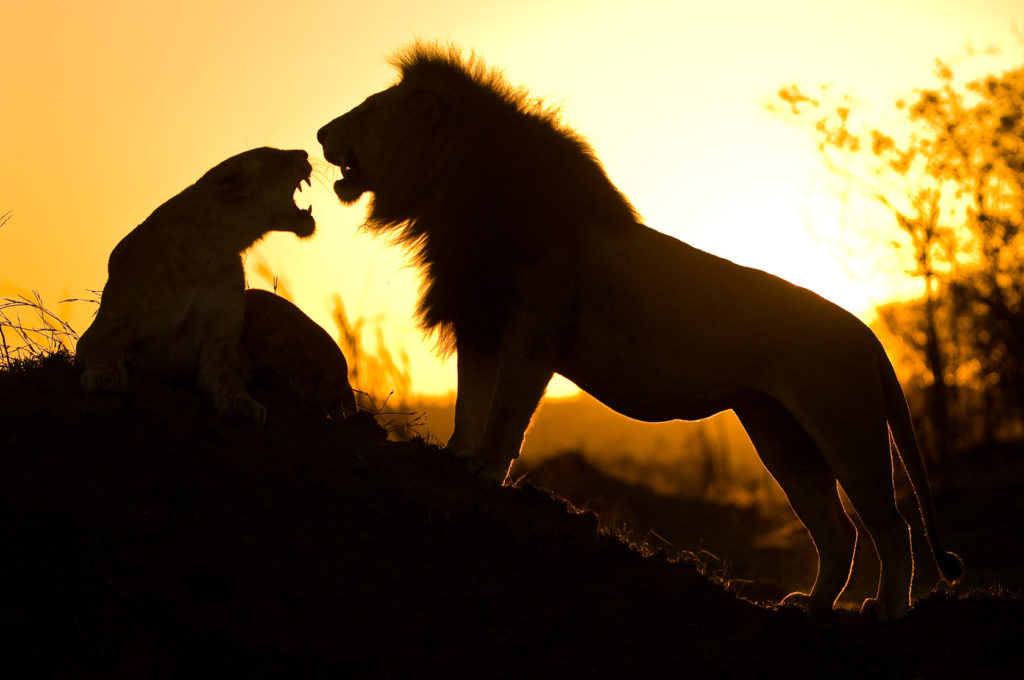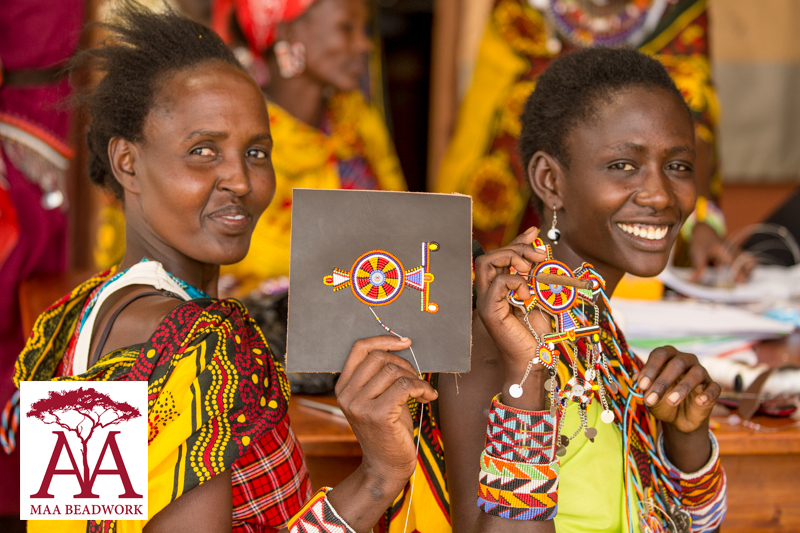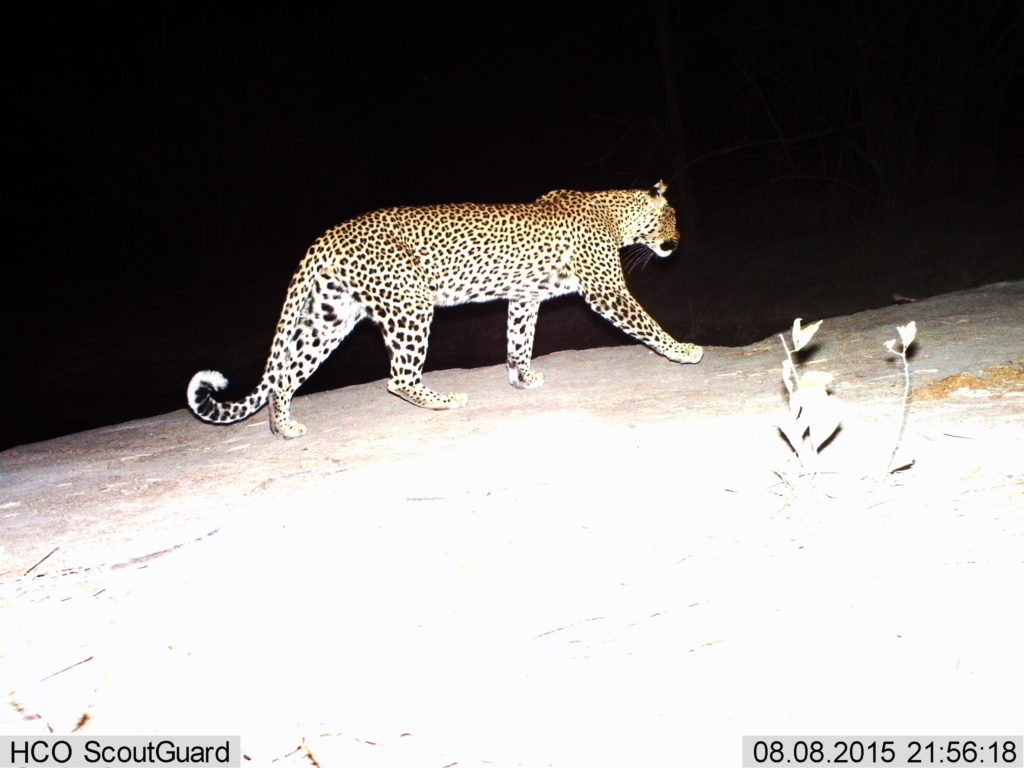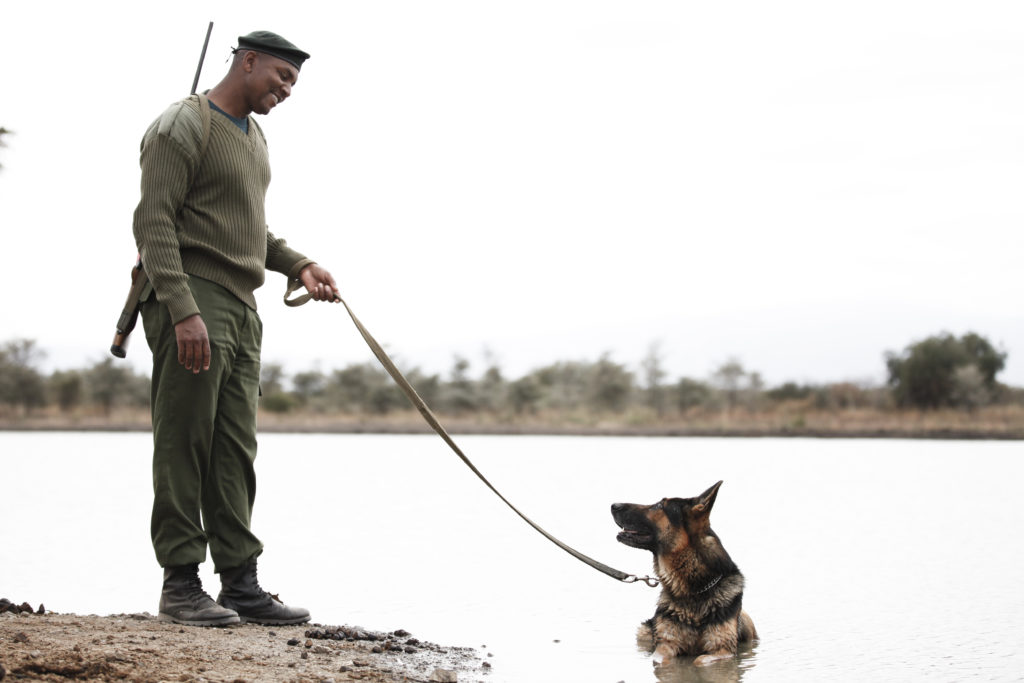Taking sustainability further
What your visit with Asilia means to East Africa.
By visiting East Africa with Asilia you are helping to support the following projects, amongst others. For more information on how we empower wild places please contact our Positive Impact Coordinator on clarissa@asiliaafrica.com or on getinvolved@asiliaafrica.com
Ngorongoro Conservation Area pasture management project
Partnering with the African People & Wildlife Fund we’ve provided the funding to explore a pasture management project that will improve Maasai livelihoods and reduce human-wildlife conflict. Simply put, the project, if adopted by the local people, will be a three-way win: education on climate change and resource management, better (adult) management of herds will mean less predation of livestock and maintaining the vegetative base for carnivore prey. The area is a critical conservation corridor between the Serengeti and the Ngorongoro Conservation Area. We’re hopeful that our initial support will grow should the uptake of the initiative be successful.

Poisoning workshop
Kenya’s first ever Poison Reaction workshop was hosted by the Kenya Wildlife Trust in November 2016. The aim was to provide training to limit the impact of poisoning through informed and rapid response.
Poisoning is one of the greatest threats to Africa’s predators, and her vultures.
37 participants from across Kenya, including those from the Mara, Lewa, Borana and Samburu, represented 30 conservation partners.
The workshop focused on identifying the signs and symptoms of wildlife poisoning, prompt reporting, incident scene treatment, collection of good information and sterilising the scene to prevent further poisoning.
This training was part of a larger project being developed by the Mara Lion Project (MLP) in collaboration with BirdLife International, Nature Kenya and The Peregrine Fund, aimed at developing a formal poisoning response protocol in collaboration with the Kenya Wildlife Service, and is additional to the ongoing monitoring work that the MLP does, which Asilia support.
Women’s beadwork and honey project
Maa Beadwork, a division of the Maa Trust, is now registered as a formal Community Based Organisation. It comprises 12 groups that represent 300 Maasai women in the Mara area.
This year a leather sewing machine and skiving machine were acquired making the project completely self-sufficient.
Maa Beadwork is sold in Naboisho Camp, the entire proceeds of which go to the group.

Human wildlife conflict in Ruaha
The Ruaha Carnivore Programme (RCP) has a number of initiatives that try to mitigate human-wildlife conflict as this is one of the main threats to large carnivores in this area.
In a first for East Africa RCP brought in 10 Anatolian shepherd dogs as a solution to livestock predation. The dogs worked well – one dog even chased two lions away from a livestock enclosure – but they proved too physically large for pastoralist families to feed easily.
We are now trying to cross-breed Anatolians with Africanis (village dogs) in the hope that these dogs will retain the protective nature of the Anatolians but be easier for local families to maintain. Our first litter of pups is due any day.
In other news, our camera traps are proving essential to understanding the diversity and distribution of wildlife in and around Ruaha. Despite the global importance of Ruaha for carnivores and other wildlife, carnivores have not been well studied. RCP is working with students and communities to place camera traps across different land use zones.

Tackling poachers with Man’s Best Friend
Pioneered by Honeyguide in the Enduimet area of Tanzania in 2011 the organization’s K9 team has been so successful that it was asked to collaborate with others battling the problem of poaching. In 2014, with poaching on the rise in the Serengeti National Park, Honeyguide partnered with the Tanzania National Parks Authority (TANAPA). Their combined dog teams have been incredibly effective reducing poaching incidents to a total of four in 2016.
This success is due in no small part to the dogs, but also their handlers. “They are excellent handlers,” said Will Powell, Director Conservation Canine Programme of the African Wildlife Foundation, who conducted an inspection of the facilities and team in 2015. “The physical and mental care of the dogs was excellent. They really have the heart for their jobs. They really care about their dogs.”
The team wishes to obtain six more dogs as it expands its success into other areas.

The post Taking sustainability further appeared first on Asilia Africa.
More Positive Impact Articles

Electric Vehicles: The Future Of East African Safari Travel?
12 January 2020October 2019 saw the arrival of our first electric, solar-powered safari vehi...

Its Our 15th Birthday: Celebrating 15 Years of Making a Genuine Difference
08 November 2019This year, we're celebrating our 15th birthday and commemorating 15 years of...

World Tourism Awards 2019: Asilia Recognised For Our Positive Impact
01 November 2019The World Tourism Awards acknowledge, reward, and celebrate excellence across...

Supersized Traditional Maasai Necklace
21 October 2019In 2009, we became a founding member of the Mara Naboisho Conservancy and sin...





